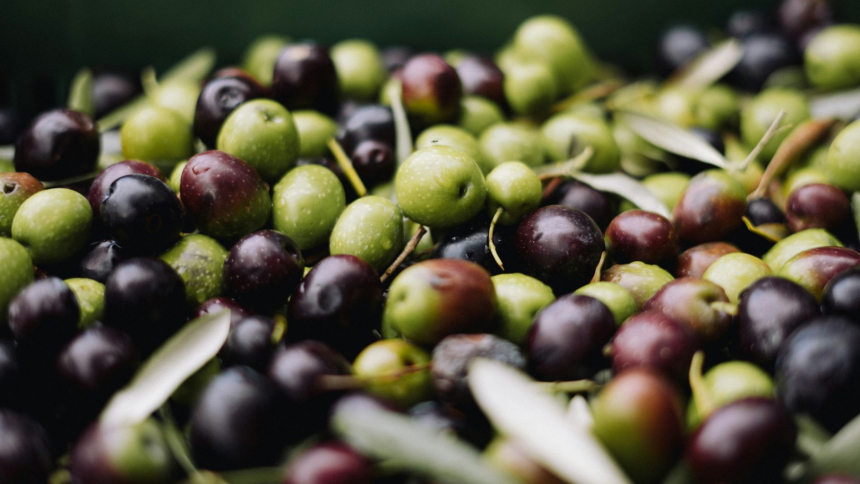
Grown from flowers on the olive tree, whose branches ancient Greeks used as a peace offering, the olive is technically a fruit despite its savoury disposition. Here are five more things you may not know about one of the world’s oldest ingredients.
They are ancient
Olive trees have been around for millions of years, though history shows they’ve only been grown for food for about 7000. That still makes them the oldest tree in continuous cultivation. Australia has been growing them for a mere 150 years or so, with the West Australian climate well suited to the fruit synonymous with Mediterranean cuisine. There are more than 800 million olive trees planted globally, with the kalamata, frantoio and manzanillo among the most common in WA.
They keep delivering
Olive trees can also live for more than a thousand years, with the average tree lasting between 300 and 600 years. They take about five or six years to flower in the right growing conditions, hit peak production powers in their 40s or 50s and can keep producing well into their hundreds. How’s that for productivity?
They need time
Everyone raves about fruit eaten straight from the tree for good reason, but if you start popping olives in your mouths as soon as you’ve picked them, you are bound to regret it. Olives, which change from green to black, red or purple as they ripen, need time to reveal their secrets and are generally cured or ‘pickled’ to bring out their distinctive flavours. There are many ways to do so, including with oil, water, brine or salt, or a combination thereof.
They are worth the wait
There are more than 1000 different varieties of olive tree, but only about 150 are regularly cultivated and fewer still used for table olives. If you like to eat them whole, you’ll know there’s a big difference between those that are used to make oil and those that are table ready. The olives you can happily dish up as part of a platter have a much lower fat content but are well worth all the trouble to make them palatable. They are divine in salads, pasta sauces, frittatas, pizzas and so much more. Try some of Great Southern Groves’ range.
They make great oil
Unlike most fruit and vegetables, olive flesh produces oil. This “good fat” is packed with antioxidants, which has made olive oil a popular choice for the health conscious. EVOO (that’s extra virgin olive oil, for the uninitiated) is also great in salad dressings and even in cakes as a substitute for butter. About 90 percent of the 20 million tonnes of olive produced each year around the world is turned into oil. We are blessed with an abundance of great producers in WA, including Talbot Grove and Koorian Farming. See our members’ page for more.